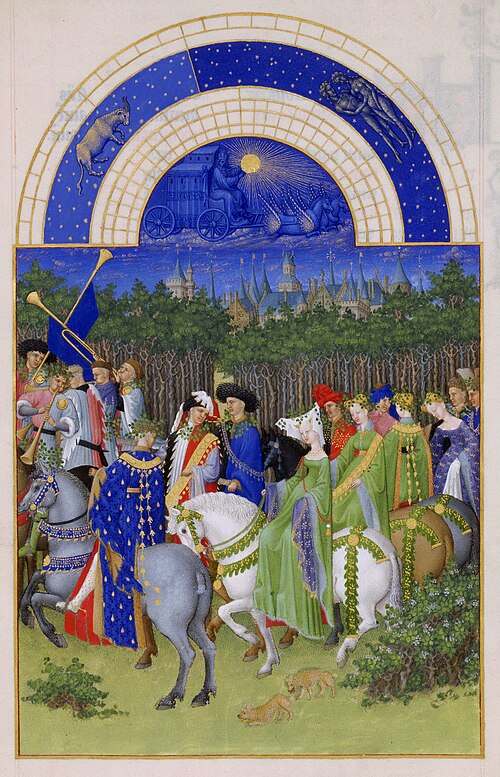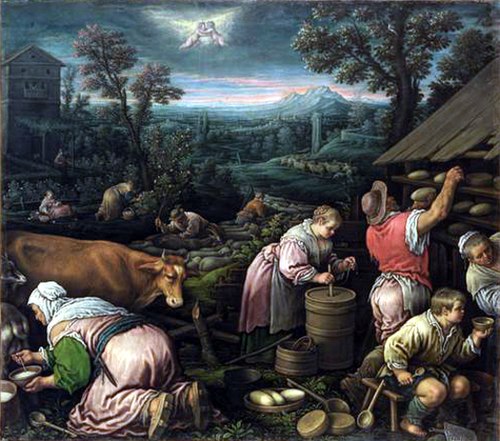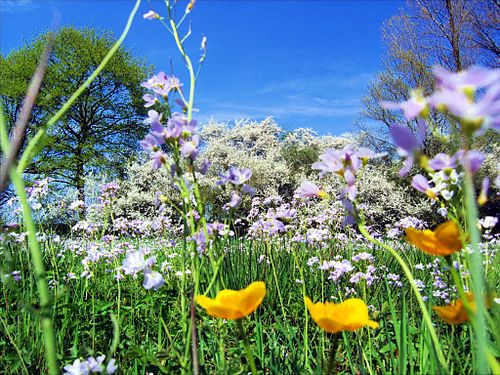Couldverb
conditional of can
Couldverb
Used as a past subjunctive (contrary to fact).
Couldverb
Used to politely ask for permission to do something.
Couldverb
Used to politely ask for someone else to do something.
Couldverb
Used to show the possibility that something might happen.
Couldverb
Used to suggest something.
Couldnoun
Something that could happen, or could be the case, under different circumstances; a potentiality.
Could
Was, should be, or would be, able, capable, or susceptible. Used as an auxiliary, in the past tense or in the conditional present.
Couldverb
past of can
Couldverb
used to indicate possibility
Couldverb
used in making suggestions or polite requests
Couldverb
used to indicate annoyance because of something that has not been done
Couldverb
used to indicate a strong inclination to do something
Mayverb
To be strong; to have power (over).
Mayverb
To be able; can.
Mayverb
To be able to go.
Mayverb
To have permission to, be allowed. Used in granting permission and in questions to make polite requests.
Mayverb
Expressing a present possibility; possibly.
Mayverb
Expressing a wish (with present subjunctive effect).
Mayverb
Used in modesty, courtesy, or concession, or to soften a question or remark.
Mayverb
To gather may, or flowers in general.
Mayverb
To celebrate May Day.
Maynoun
The hawthorn bush or its blossoms.
Maynoun
(archaic) A maiden.
Mayverb
An auxiliary verb qualifying the meaning of another verb,
Mayverb
Liberty; permission; allowance.
Mayverb
Contingency or liability; possibility or probability.
Mayverb
Modesty, courtesy, or concession, or a desire to soften a question or remark.
Mayverb
Desire or wish, as in prayer, imprecation, benediction, and the like.
Maynoun
A maiden.
Maynoun
The fifth month of the year, containing thirty-one days.
Maynoun
The early part or springtime of life.
Maynoun
The flowers of the hawthorn; - so called from their time of blossoming; also, the hawthorn.
Maynoun
The merrymaking of May Day.
Maynoun
the month following April and preceding June
Maynoun
thorny Eurasian shrub of small tree having dense clusters of white to scarlet flowers followed by deep red berries; established as an escape in eastern North America
Mayverb
expressing possibility
Mayverb
used when admitting that something is so before making another, more important point
Mayverb
used to ask for or to give permission
Mayverb
expressing a wish or hope
Maynoun
the fifth month of the year, in the northern hemisphere usually considered the last month of spring
Maynoun
one's bloom or prime
May
May is the fifth month of the year in the Julian and Gregorian calendars and the third of seven months to have a length of 31 days. May is a month of spring in the Northern Hemisphere and autumn in the Southern Hemisphere.
















